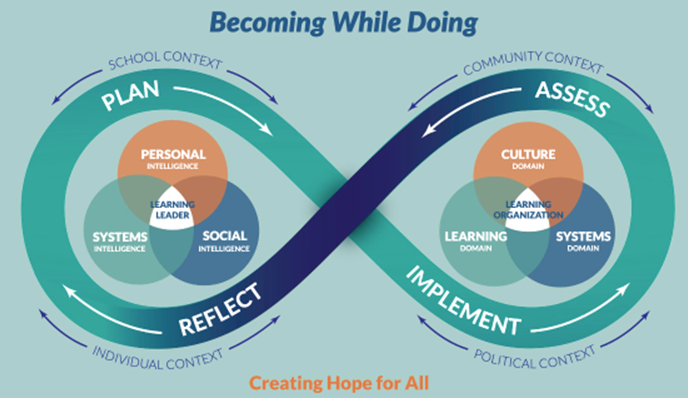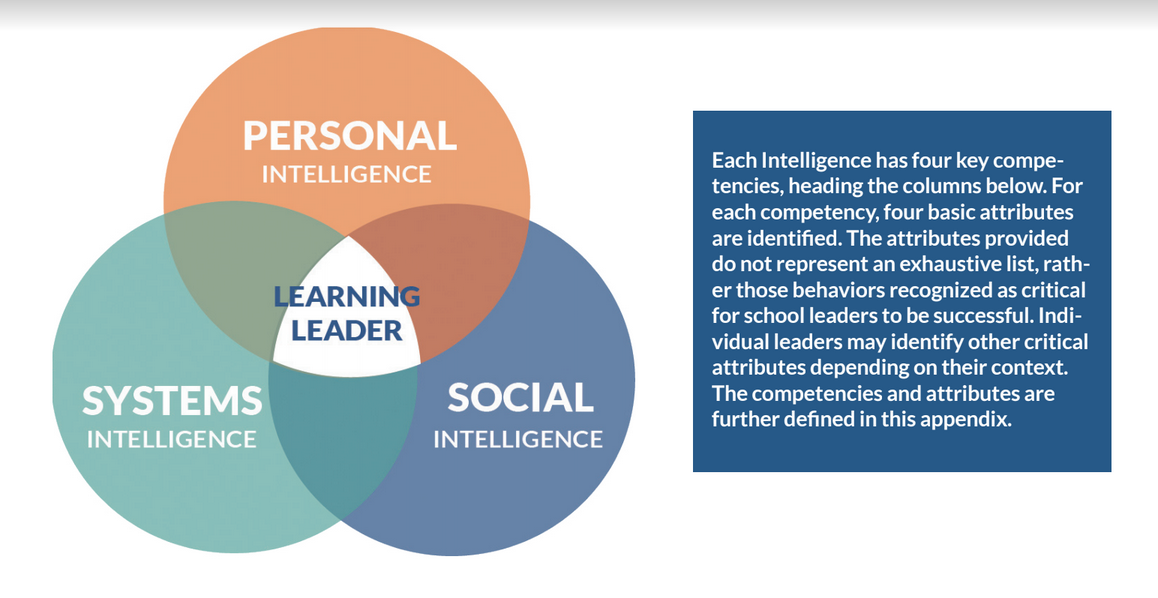School Leader Paradigm
School Leader Paradigm
The School Leader Paradigm is the driving force for school leaders. It outlines the essential skills needed for building leaders and outlines areas for growth. As all leaders and schools grow and develop, this document is an excellent guide.
The School Leader Paradigm is the driving force for school leaders. It outlines the essential skills needed for building leaders and areas for growth. As all leaders and schools grow and develop, this document is an excellent guide to success.

SCHOOL LEADER PARADIGM
School Leader Paradigm 3.0 (Full Document)
Please let us know if you would like printed copies of the paradigm mailed to your school.
Contact Todd Bess at tbess@iasp.org
Micro-Credentials are a great way to exhibit your skill set. All of the Micro-Credentials through Ed Leaders Network are aligned directly to the School Leader Paradigm. To access the Micro-Credential library or register to take a Micro-Credential, please visit the links below.
When you select the Micro-Credential you would like to take, scroll to the bottom of that page to enroll.

CYCLE OF INQUIRY
School leaders need a clear understanding of what it means to be learning leaders within learning organizations and require a more structured approach to learning and continuous improvement. The Cycle of Inquiry serves as an excellent mechanism for both individuals and organizations to unlearn, learn, and relearn, thereby fostering continuous growth and improvement. At the individual level, it can be utilized for personal and professional development. For schools, districts, and other larger organizations, the Cycle of Inquiry acts as a powerful continuous improvement tool, turning the School Leader Paradigm into a living, breathing document that enhances both school leaders’ practices and their schools’ performance.
The Cycle of Inquiry is a cyclical approach to problem-solving, similar to other continuous improvement models. Central to continuous improvement is the definition of a problem of practice (PoP), which results in an ongoing effort to enhance performance. The inquiry cycle is divided into four stages: (1) plan; (2) implement; (3) assess; and (4) reflect.
When embedded into the daily lives of school leaders, the Cycle of Inquiry becomes a powerful tool for continuous personal and professional development. Rather than relying on traditional “sit and get” professional development, the inquiry process engages leaders by encouraging them to examine their own practices and the operations of their schools. The Cycle of Inquiry can be found on page 9 of the School Leader Paradigm.

